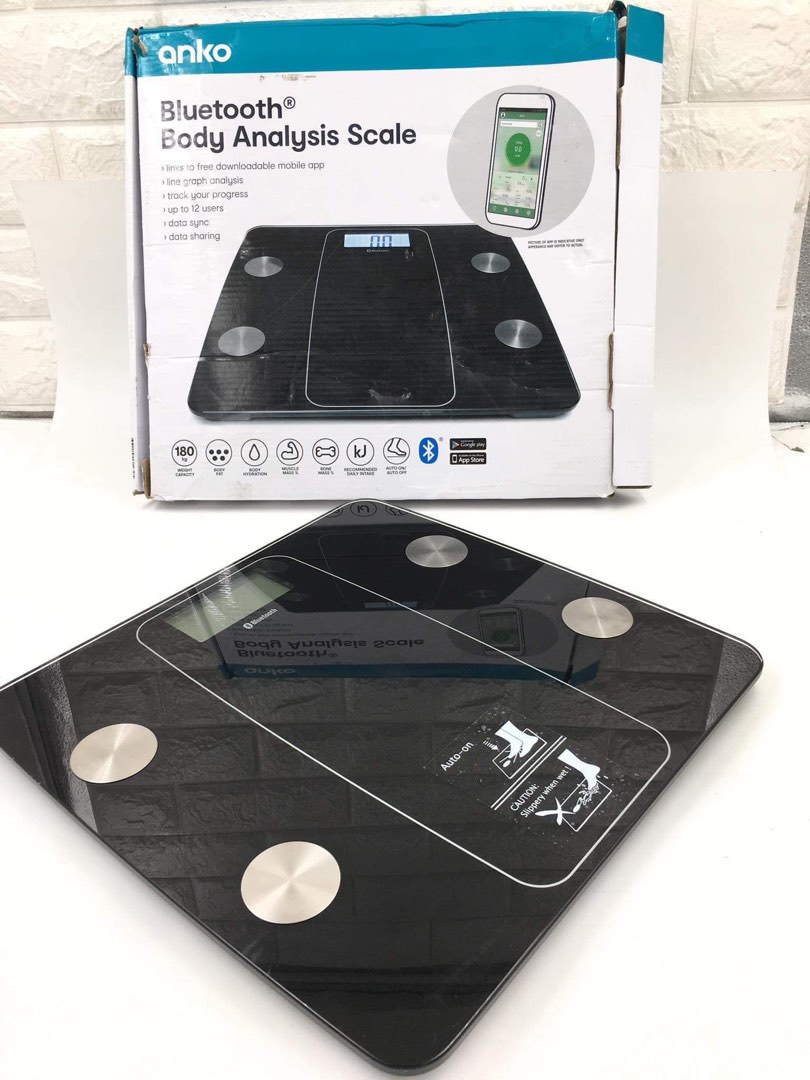Have you ever asked yourself what your physical features reveal about your emotions? The study of body reading seeks to explain how our physical traits and gestures connect to deeper psychological patterns.
Whether you’re a beginner or already familiar with behavioral analysis, this complete guide will give you valuable insights.
Keep reading to discover how body analysis works. By the end, you’ll know which signs to watch for.
The Importance of Body Analysis
Character traits body analysis gives you an extra layer of understanding, helping in professional settings.
Coaches apply body reading techniques to guide clients.
Ultimately, behavioral body analysis empowers you to lead with insight.

Different Approaches to Body Analysis
There are several methods within character traits body analysis, each focusing on different aspects of the human body. One popular method examines face shapes to infer personality traits.
Behavioral body analysis also includes subtle movements, which can reveal momentary emotions even when someone tries to hide their feelings.
Practicing multiple types of behavioral reading can give you a more complete picture of someone’s character and emotional state.

Body Analysis in Practice
Look for patterns: does a person consistently cross their arms? Do they lean away when asked certain questions?
Therapists use posture and body language to assess emotional openness.
This skill deepens empathy because it encourages listening beyond words.
Misconceptions in Body Analysis
For example, crossed arms might signal defensiveness, but could also mean someone is simply cold or tired.
Ethical practitioners of behavioral reading know it’s about observation, not judgment or labeling.
Anyone interacting with people can apply these insights to foster trust, empathy, and connection.
How the “Body Explains” Model Works
According to this model, body posture may point to long-held emotions.
For example, a prominent chest might symbolize responsibility.
By learning how the body expresses subconscious patterns, individuals gain insight into their behavior and relationships.
Respectful Practice of Behavioral Body Analysis
Ethical practitioners use behavioral insights to support communication, not control or manipulate.
Practitioners need cultural humility and awareness to avoid imposing biased interpretations.
When sharing insights from behavioral observation, it’s crucial to invite dialogue rather than declare facts.
Developing Body Reading Skills
Building body analysis skills takes practice, patience, and observation. Start by watching people in different settings, noticing facial expressions.
It’s important to stay humble, knowing that no single signal tells the whole story. Observing clusters of signals gives a more accurate reading.
The goal isn’t to “catch” people hiding things but to understand human behavior more deeply.

Final Thoughts on Body Analysis
Whether you’re someone curious about human behavior, learning to read the body opens new dimensions of communication.
We’ve explored applications of body analysis, from modern movement analysis.
Let the process inspire curiosity, empathy, and openness as you unlock the silent language of the human body.
Frequently Asked Questions About Behavioral Body Analysis
What is body analysis?
In simple terms, it’s about reading the body to understand the person more deeply.
Do you need special skills to practice body analysis?
Yes, anyone can learn body reading with practice and guidance.
Can body reading tell everything about a person?
Body analysis is an interpretive tool, not an exact science.
Can body reading help in business?
Yes, body analysis has applications in coaching, therapy, HR, leadership, and sales.
How is body analysis different from reading body language?
Both overlap but body analysis may explore deeper character patterns linked to the body’s form.
analise corporal rigido O que o corpo diz sobre você? mais informacoes sobre isto
Comments on “Insights Into Decoding Body Language Benefits”